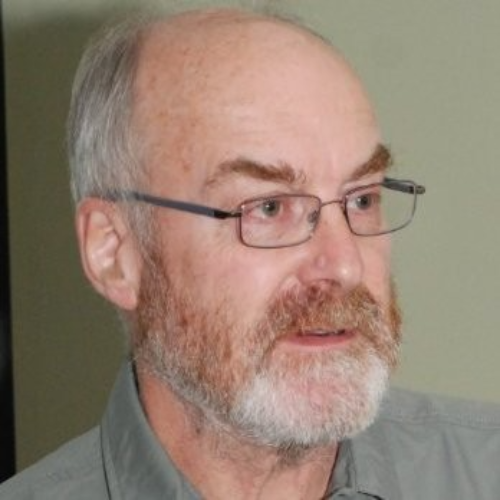He is the principal author of a joint publication between the Cynefin Centre and the Future Systems Directorate of the European Union: ' Managing complexity (and chaos) in times of crisis—a field guide for decision-makers. A review by Durham University identified him as one of the leaders in applying complexity science or organisations.
He has created many methods and frameworks, including the Cynefin Framework. His paper with Boone on Cynefin and Leadership was the cover article for the Harvard Business Review in November 2007. He also won the Academy of Management award for the best practitioner paper in the same year. He had previously won a special award from the Academy for originality in his work on knowledge management. He is an editorial board member of several academic and practitioner journals in knowledge management. He was an Editor-in-chief of E:CO, one of the first journals to cover applied complexity science. In 2006, he was Director of the EPSRC (UK) research programme on emergence and, in 2007, was appointed to an NSF (US) review panel on complexity science research. In 2023, he received an award from Hull University for his "Outstanding Contribution to Systems Thinking".
He is the principal designer of the SenseMaker® software suite, developed initially in counter-terrorism and now actively deployed in both Government and Industry to handle issues of impact measurement, citizen engagement, attitudinal measurement, customer/employee insight, narrative-based knowledge management, strategic foresight and risk management.
He co-led the Genoa II project in DARPA before and after 911 and was one of the principal designers of the Singapore Government’s Risk Assessment and Horizon Scanning system.
He spent four years in international programmes for the World Council of Churches student wing after graduation. Moving into Industry, he focused on organisational design, financial management and the introduction of computer systems. He then moved on to decision support system design, creating two software products in Logistics, before entering various strategic and management roles in the software service sector. In that time, he was one of the three founders of the DSDM Consortium, one of the three feeds into the Agile Manifesto. Following IBM's acquisition of Data Sciences in 1996, he moved into a research and development role and was a Director of the Institute for Knowledge Management. He then founded the Cynefin Centre for Organisational Complexity. IBM selected him as one of six on-demand thinkers for a worldwide advertising campaign.
He left IBM in 2004 to create Cognitive Edge, now known as Cynefin. This company integrates academic thinking with practice in organisations worldwide and operates on a network model, working with academics, governments, commercial organisations, NGOs, and independent consultants.
This presentation will introduce the latest version of ‘Estuarine Mapping’, a technique that maps what can be changed and at what cost. It then focuses on changing the environment (or substrate) so it is more favourably disposed to a good outcome. It will include new work on risk portfolio management, identifying lead indicators on potential project failure and creating&nbs...
Join Nigel Thurlow, a leading voice in systems and complexity thinking and the former Chief of Agile at Toyota, as he hosts what is likely to be a hot debate between two leading thinkers in this space. Dave Snowden the preeminent expert in complexity thinking, and Diana Montalion who comes from a systems architecture background and applies systems thinking to manage in complex environments. W...


